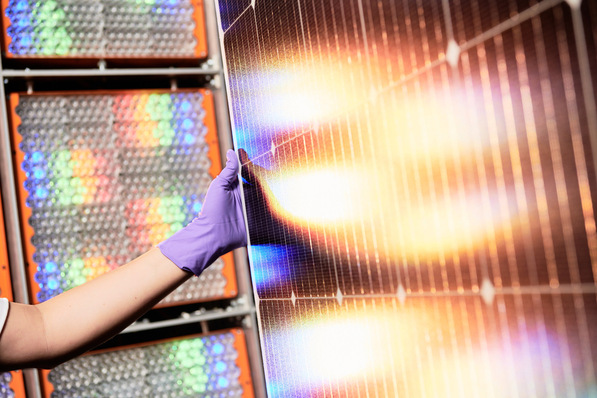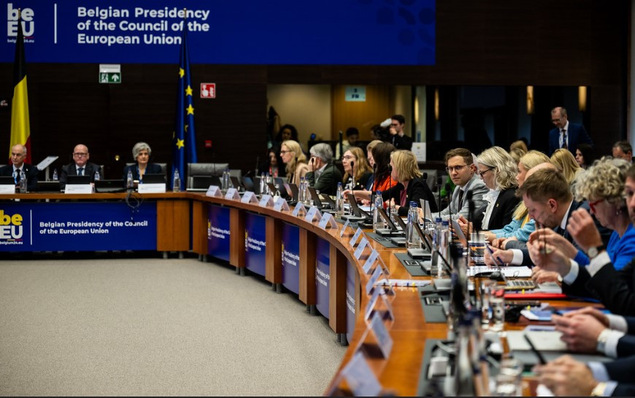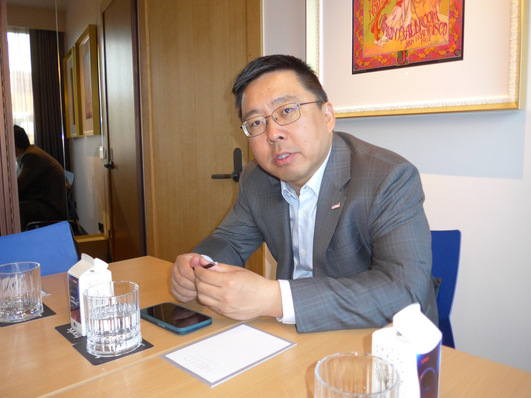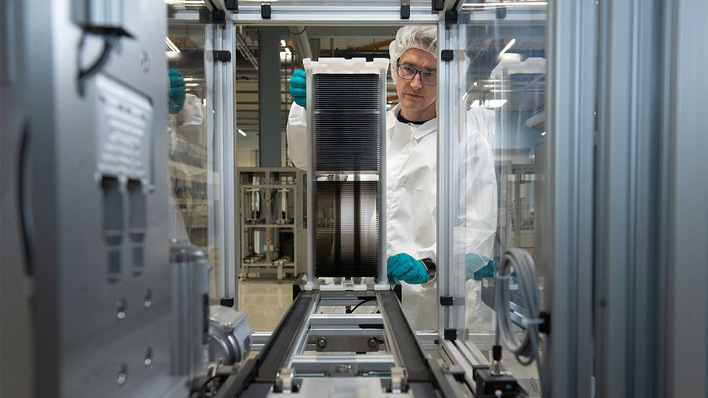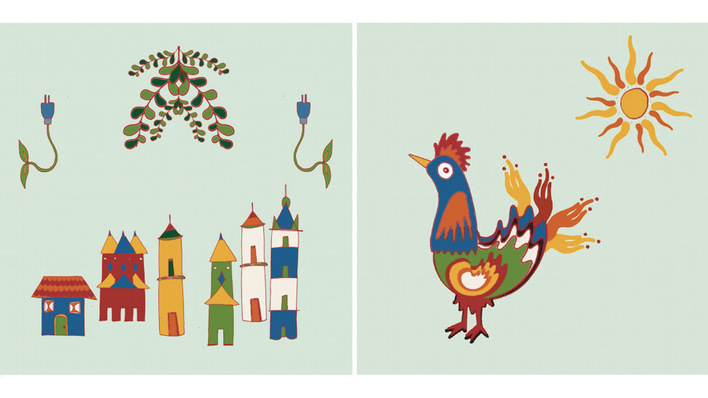The goal at the end of the research project Leikoba is to produce small grid inverters with high efficiency at a low cost. Such inverters should have a lot of applications. At the same time, however, the functionality of the devices should also be increased. They are to simultaneously control both solar systems with different orientations, high-voltage and low-voltage storage, charging points for electric cars and heat generators. They are not only to be used in a network, but also to control self-consumption and off-grid systems in which photovoltaic plants co-operate with other production technologies. Now the developers of the Memminger inverter manufacturer Steca presented a first result together with researchers from the Fraunhofer Institute for Solar Energy Systems (ISE) and the Kempten University of Applied Sciences.
22 percent less costs
Through the use of optimized components, the design of the inverter and an improved basic design, they were able to reduce the material costs for small grid inverters by 22 percent, while simultaneously increasing reliability, as the researchers emphasize. The basis was, however, an improved topology of the inverters, which was generated with computer-based simulations. "This allows several drivers and power semiconductors to be saved, resulting in a significant reduction in costs," the developers explain. "The result is a fine example of how material costs can be saved through topology optimization and thus the competitiveness can be increased," adds Michael Müller. He is the coordinator of the project and development manager at Steca Elektronik.
Prototype in test
The project participants have now presented the results of their two-year work in the form of a prototype in which the new topology is tested and measured. In the next step, developers are also trying to test alternative materials such as silicon carbide and new housing concepts in order to achieve further cost reductions. Goal is a serial production by Steca. (HCN/SU)
Read more about energy storage
Stay informed, get our free newsletter twice a week, register here
More useful information:
https://www.pveurope.eu/solar-modules/7-facts-power-electronics-solar-energy


